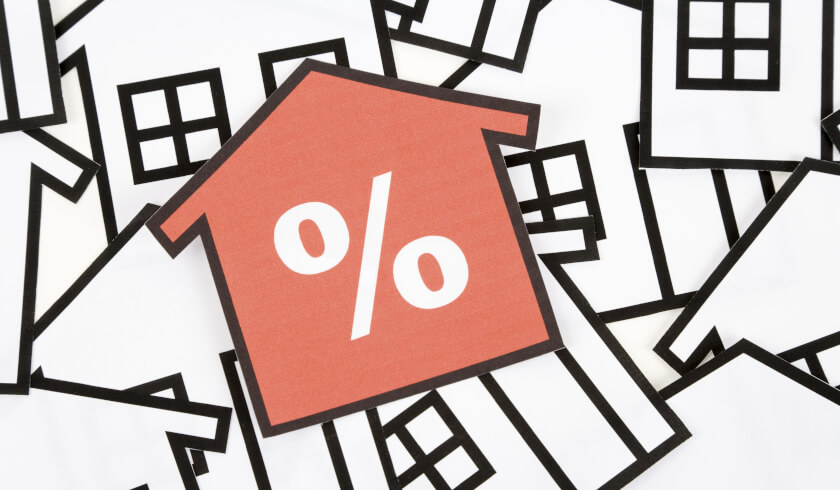On securing financing: ‘Don’t start with a rate’

Securing financing has always been a difficult task for investors given the varying preferences of lenders across markets. Moreover, these preferences usually go on cycles that may be unpredictable for borrowers, according to Mr Rigby.
He explained : “All the financial institutions have different internal focus and needs at different times. There's a phase where they'll be more focused on securing deposits and being tighter on credit. Then, there's other times when they're trying to grow their book.”
“Unfortunately, the consumer or the borrower is a victim [of] whatever the hell is going on in the market,” the property professional added.
Despite this, there are a few ways to make the process a breeze: it always starts with understanding your needs as an investor.
Mr Rigby lays out a simple guideline to ultimately succeed in securing finance for your investment property:
1. Determine your goals and risk appetite
Do not start with comparing rates because simply put, rate is the distraction, according to the property professional.
Instead, determine how you want to go about with your investment based on your personal and financial capabilities and limitations.
Mr Rigby said: “It's all about understanding how much optionality you need.”
“If you're quite active and you have an interesting financial life where you might be a sub-contractor or in a business, you might have a lot of investment going on. So, your income is quite varied and your financial liquidity can be varied as well.
“Say, ‘How much optionality do I need and how much risk am I prepared to take?’ ” he explained further.
2. Work out the features you need
Once you have determined your preferences, compare loan products and pick the one that has the features you need.
For instance, a fixed-rate loan locks your rate for a specific period of time, which means that you avoid being a victim of rising interest rates and higher repayments.
On the other hand, variable rate loans are mostly influenced by changes in cash rates and thus are more unpredictable. But it allows additional repayments should you wish to pay off your loan faster.
There are several other loan products available for property investors, so take your time to choose the best one for your wealth-creation journey.
“Work out all the features you need—fixed, variable, drawdown, offset, all those sorts of things,” Mr Rigby highlighted.
3. Negotiate
‘Negotiate like hell’, Mr Rigby strongly encouraged.
Once you have found the loan product you want, discuss the terms with the lender thoroughly and make sure that you’re getting exactly what you signed up for—no more, no less.
According to the property professional: “It's always the horror stories about the break clauses you hear.”
“You know, someone's gone super cheap but they didn't really look into it clearly, so they get completely screwed over. They have to refinance or do something and they're up for thousands and thousands in fees.
“That's not something you want to get caught doing, and that happens all too often. Read the fine print,” he concluded.
Tune in to Adam Rigby’s episode on The Smart Property Investment Show to find out how you can navigate your way best through the changing property investment landscape.

